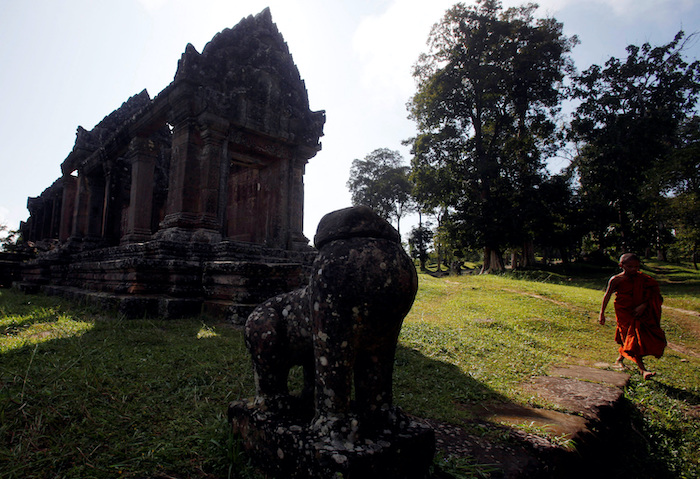Cambodia Threatens ICJ Action Over Border Dispute
The border dispute between Cambodia and Thailand is a complex issue with deep historical roots, and a resolution will require careful negotiation and diplomacy. The ICJ has previously ruled in Cambodia's favor in border disputes with Thailand, but the current dispute will require a new approach. With the international community watching, Cambodia and Thailand must find a way to resolve their differences and establish a lasting peace.

Cambodia's threat to take its border dispute with Thailand to the International Court of Justice may be a tactical move to gain leverage in bilateral negotiations, as the country seeks to assert its sovereignty over undemarcated points along their shared border. The dispute has led to sporadic violence, resulting in at least 28 deaths since 2008, and has been a source of tension between the two nations for years.
The Cambodian government, led by Prime Minister Hun Sen, has been using the dispute to whip up nationalist fervor and consolidate its authority. Hun Sen has visited troops near the border and engaged in patriotic pageantry, and has threatened to impose a ban on Thai goods if Thailand continues to close checkpoints to Cambodia. The move is seen as an attempt to pressure Thailand into recognizing the old boundaries of the border, which Hun Sen believes will benefit Cambodia's economy.
The international context is complex, with China taking a neutral stance and the US likely to side with Thailand. ASEAN has shown little interest in mediating the dispute, leaving Cambodia and Thailand to negotiate a resolution on their own. The two countries have agreed to return to their previously established military positions along their shared border after a brief firefight in late May killed a Cambodian soldier, but the dispute remains unresolved.
The border dispute stems from a long-standing issue over the demarcation of the 817km border between the two countries. The dispute has flared up in the past, including in 2008 over the Preah Vihear Temple and its adjacent area. Cambodia's threat to take the dispute to the ICJ may be a genuine attempt to seek international mediation, but it is also possible that it is a bargaining chip in bilateral negotiations.
As the situation continues to unfold, it remains to be seen whether Cambodia and Thailand can reach a resolution to the dispute through bilateral negotiations. The Cambodian government's use of nationalist rhetoric and its threat to impose a ban on Thai goods have raised tensions, and the international community will be watching closely to see how the situation develops.